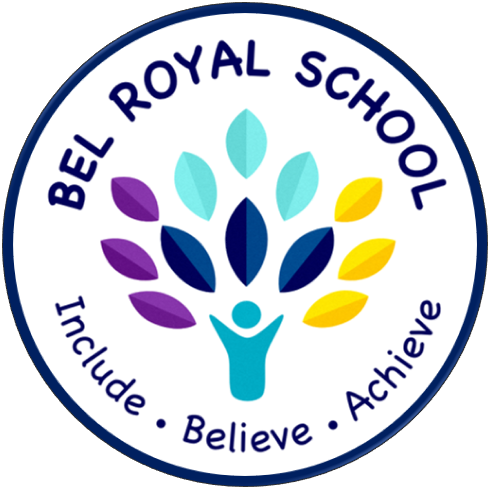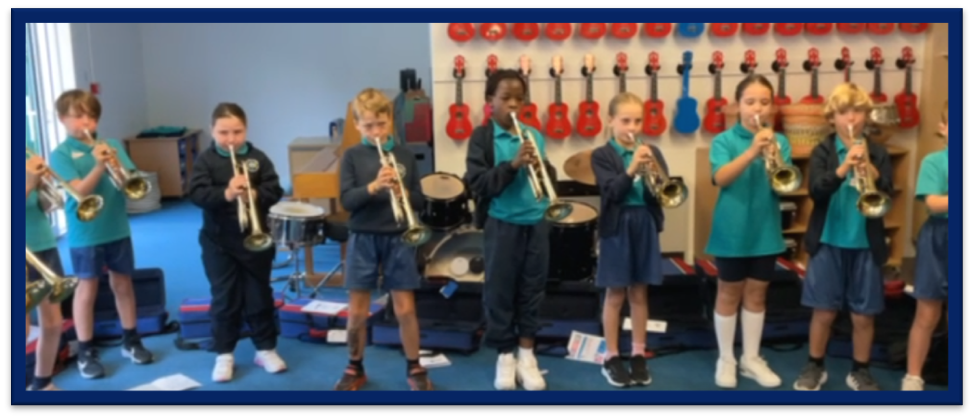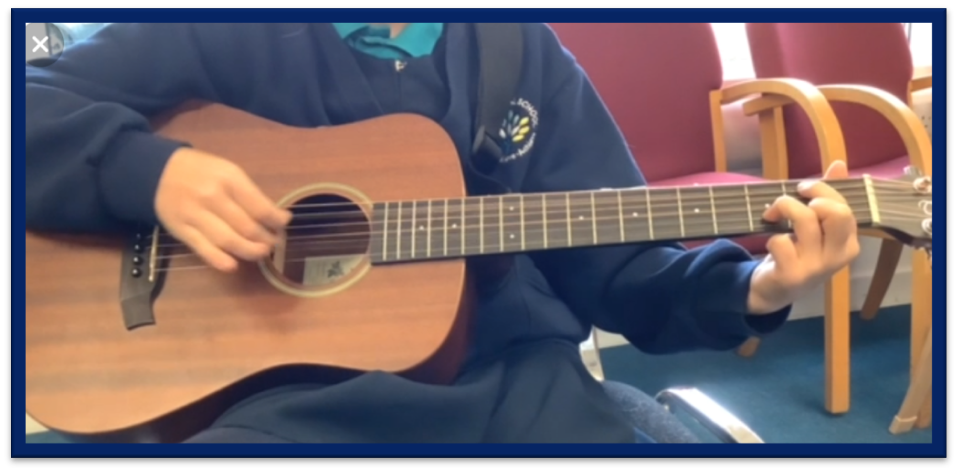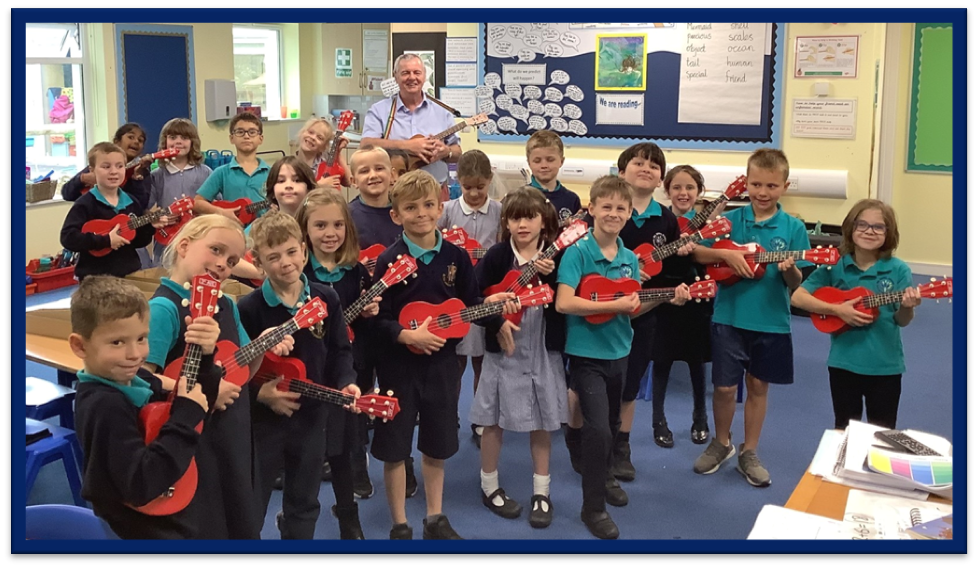
Bel Royal Primary School
Music
I would teach children music, physics, and philosophy; but most importantly music, for the patterns in music and all the arts are the keys to learning.
Plato
Intent
Music is highly regarded at Bel Royal School, and it is used as a vehicle to unite the school in many settings. These include events such as; community concerts, Christmas events, school performances, music clubs/groups, singing and instrumental lessons.
Music is a universal language that embodies one of the highest forms of creativity. A high-quality music education should engage and inspire pupils to develop a love of music and their talent as musicians, and so increase their self-confidence, creativity and sense of achievement. As pupils progress, they should develop a critical engagement with music, allowing them to compose, and to listen carefully to music.
The Jersey Curriculum for music aims to ensure that all pupils:
-
Perform, listen to, review and evaluate music across a range of historical periods, genres, styles and traditions, including the works of the great composers and musicians;
-
Learn to sing and to use their voices, to create and compose music on their own and with others, have the opportunity to learn a musical instrument, use technology appropriately and have the opportunity to progress to the next level of musical excellence;
-
Understand and explore how music is created, produced and communicated, including through the inter-related dimensions: pitch, duration, dynamics, tempo, timbre, texture, structure and appropriate musical notations.
Implementation
At Bel Royal, we teach music lessons mainly following the Charanga progression, as well as other resources such as Kapow, Music Express and Jersey Instrumental Service support materials.
Charanga Musical School Units enable children to understand musical concepts through a repetition-based approach to learning. Learning about the same musical concept through different musical activities enables a more secure, deeper learning and mastery of musical skills.
The interrelated dimensions of music weave through the units to encourage the development of musical skills as the learning progresses through listening and appraising, differing musical activities (including creating and exploring) and performing.
Each Unit of Work comprises the strands of musical learning which correspond with the national curriculum for music:
-
Listening and Appraising
-
Musical Activities
-
Warm-up Games
-
Optional Flexible Games
-
Singing
-
Playing instruments
-
Improvisation
-
Composition
-
Performing
We work closely with Jersey Music Service, Arthouse Jersey, Jersey Sings and Music in Action who provide a range of learning opportunities through performances, workshops and whole class instrumental lessons.

We have a dedicated music room with a wide variety of hardware available to all teachers, including:
-
Various percussion
-
Piano
-
Class set of ukuleles
-
Drum kit
-
Guitars
-
Djembe Drums
-
Recorders
-
Glockenspiels
Extracurricular activities provide children with the opportunity to further develop musical skills in choir, ukulele, recorder club, as well as 1 to 1 instrumental lessons through Jersey Instrumental Service.
Impact
Pupils at Key Stage 1 should be taught to:
-
Use their voices expressively and creatively by singing songs and speaking chants and rhymes play tuned and untuned instruments musically
-
Listen with concentration and understanding to a range of high-quality live and recorded music
-
Experiment with, create, select and combine sounds using the inter-related dimensions of music.
Pupils at Key Stage 2 should be taught to:
-
To sing and play musically with increasing confidence and control. They should develop an understanding of musical composition, organising and manipulating ideas within musical structures and reproducing sounds from aural memory.
-
Play and perform in solo and ensemble contexts, using their voices and playing musical instruments with increasing accuracy, fluency, control and expression
-
Improvise and compose music for a range of purposes using the inter-related dimensions of music
-
Listen with attention to detail and recall sounds with increasing aural memory
-
Use and understand staff and other musical notations
-
Appreciate and understand a wide range of high-quality live and recorded music drawn from different traditions and from great composers and musicians
-
Develop an understanding of the history of music.

